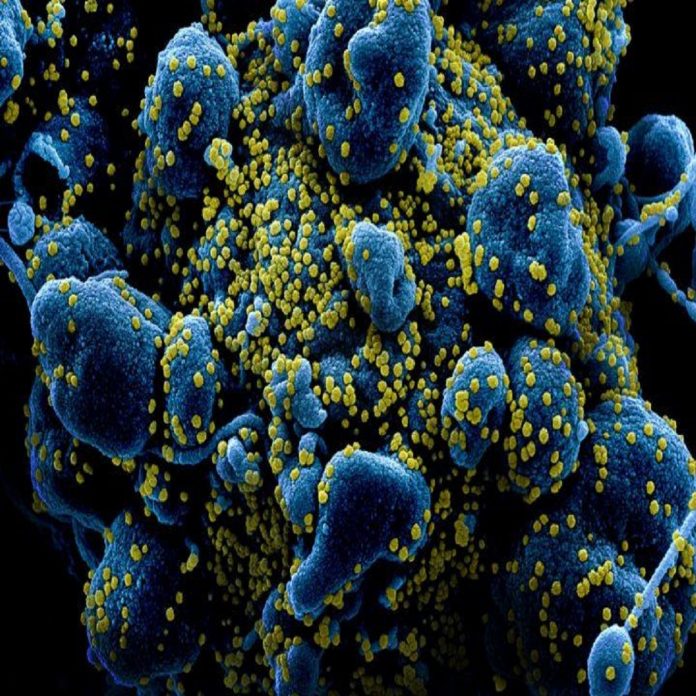The probability of a new Covid-19 wave is becoming more likely. The capacity of this virus’s Omicron version to propagate quickly has alarmed the world. This variety is slightly different from its predecessor Delta form, yet it spreads infection much faster than Delta. Experts are comparing the two variants and have found four key discrepancies between them so far.
New recommendations have been established for the Omicron version of the Covid-19 virus, which is quickly spreading over the world. On this, there is also research, investigation, and observation going on. The focus is primarily on determining how different and lethal the Omicron variant is from its predecessors. Scientists are also interested in the vaccine’s efficiency against this strain. Scientists suggest that because there is still time to establish the symptoms of Omicron scientifically, it is best to take all precautions immediately. The Omicron and Delta versions share four important characteristics.
Omicron Delta variations have a significant difference, but infections are minor, and evidence of the variants in the Delta is visible. The figures from the previous month back up this claim. Of course, the Omicron infection is spreading at a much faster rate than previous strains. However, if you notice major symptoms as a result, this isn’t the case.
The risk of death
In India, the delta variety of Covid-19 infection began in the year 2020. As a result of this, the second wave of Covid-19 swept over the country, proving to be extremely deadly, with thousands of people dying. At the same time, the number of people who die as a result of Omicron infection is relatively low.
There is a significant difference in symptoms.
Both variations have symptoms that are significantly different from one another. According to experts, weariness, joint pain, a cold, and a headache are four prevalent Omicron symptoms that are distinct from the Delta version. The prominent symptom of the Delta variant, on the other hand, is the loss of the sense to smell and taste, which is not present in the Omicron form. In fact, such a symptom has never been seen in an Omicron instance.
Breathing problems.
The delta variation caused the lungs to become extremely deadly in the most severely affected persons, necessitating oxygen therapy. According to a report, AIIMS physicians explain that Omicron infection causes less shortness of breath since the virus thrives in the throat rather than the lungs. In a circumstance where persons had complained of pneumonia as a result of the delta variation, Omicron showed no such signs.
That is also a possibility.
Experts believe the Omicron variety can infect people even after natural infection and vaccine-induced immunity. The danger of infection appears to be relatively significant in both circumstances. Many cases have been reported in which patients who have been diagnosed with Omicron infection had previously been immunised.
It’s too early to say whether or not the vaccine works on Omicron, or to what extent it works. In this case, nothing can be asserted with certainty. This is an area where more research is required. Vaccine and medication makers are using Omicron to examine the efficacy of their products.
In such a case, experts unanimously agree that taking all preventive steps is the safest option. According to experts, it is necessary to re-emphasize measures like mask use, social separation, and proper cleanliness. Along with this, it is vital to place a strong emphasis on completing the immunisation work. The delta version will be unable to propagate again as a result of this, and whatever effect the vaccination has on Omicron, it will be beneficial.



